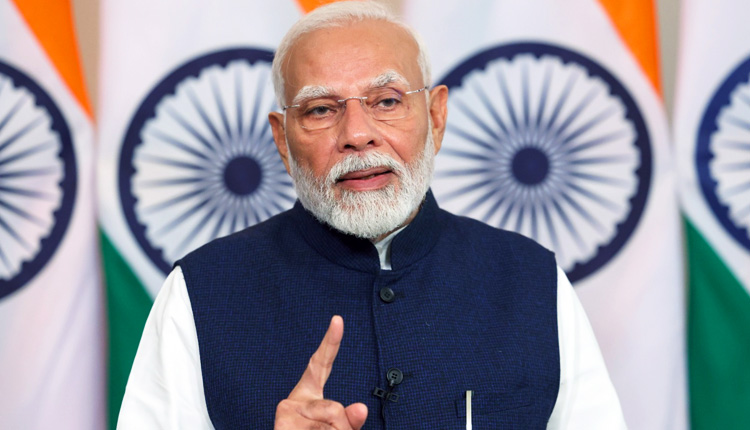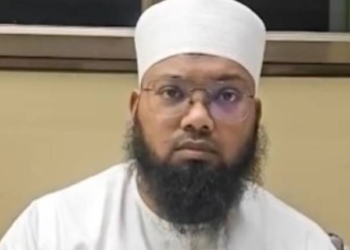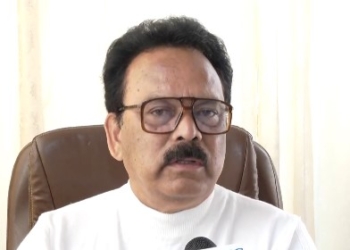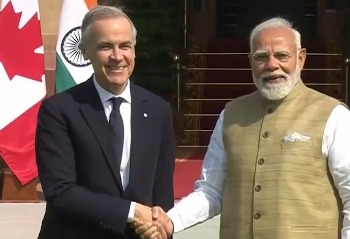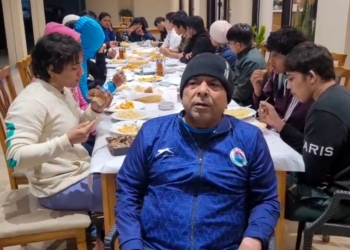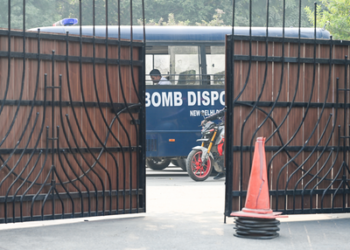New Delhi: As India observes Partition Horrors Remembrance Day on Wednesday, Prime Minister Narendra Modi reiterated government’s commitment to protect the bonds of unity and brotherhood in the country.
Taking to microblogging site X, PM Modi recalled the countless people who were impacted and greatly suffered due to the horrors of Partition.
“It is also a day to pay tributes to their courage, which illustrates the power of human resilience. A lot of those impacted by Partition went on to rebuild their lives and attain immense success. Today, we also reiterate our commitment to always protect the bonds of unity and brotherhood in our nation,” he said.
To commemorate Partition Horrors Remembrance Day, Union Home Minister Amit Shah also took to X, and paid homage to the millions who suffered inhumane pains, lost lives, turned homeless during this “most hideous episode of our history.”
The Home Minister further stated, “Only a nation that remembers its history can build its future and emerge as a powerful entity. Observing this day is a foundational exercise in the process of nation building under the leadership of PM Shri Narendra Modi Ji.”
Prime Minister Narendra Modi had announced in 2021 that August 14 would be observed as ‘Vibhajan Vibhishika Smriti Diwas’ or Partition Horrors Remembrance Day every year in memory of those who lost their lives during Partition.
“Partition’s pains can never be forgotten. Millions of our sisters and brothers were displaced and many lost their lives due to mindless hate and violence. In memory of the struggles and sacrifices of our people, 14th August will be observed as Partition Horrors Remembrance Day,” PM Modi had said in a tweet in 2021.
India attained its freedom from British rule on August 15, 1947. Independence Day, which is celebrated on August 15 every year, is a joyous and proud occasion for any nation. However, with the sweetness of freedom came also the trauma of Partition.
The Partition caused amongst the largest migrations in human history affecting about 20 million people. Millions of families had to abandon their ancestral villages/towns/cities and were forced to find a new life as refugees.
(IANS)




